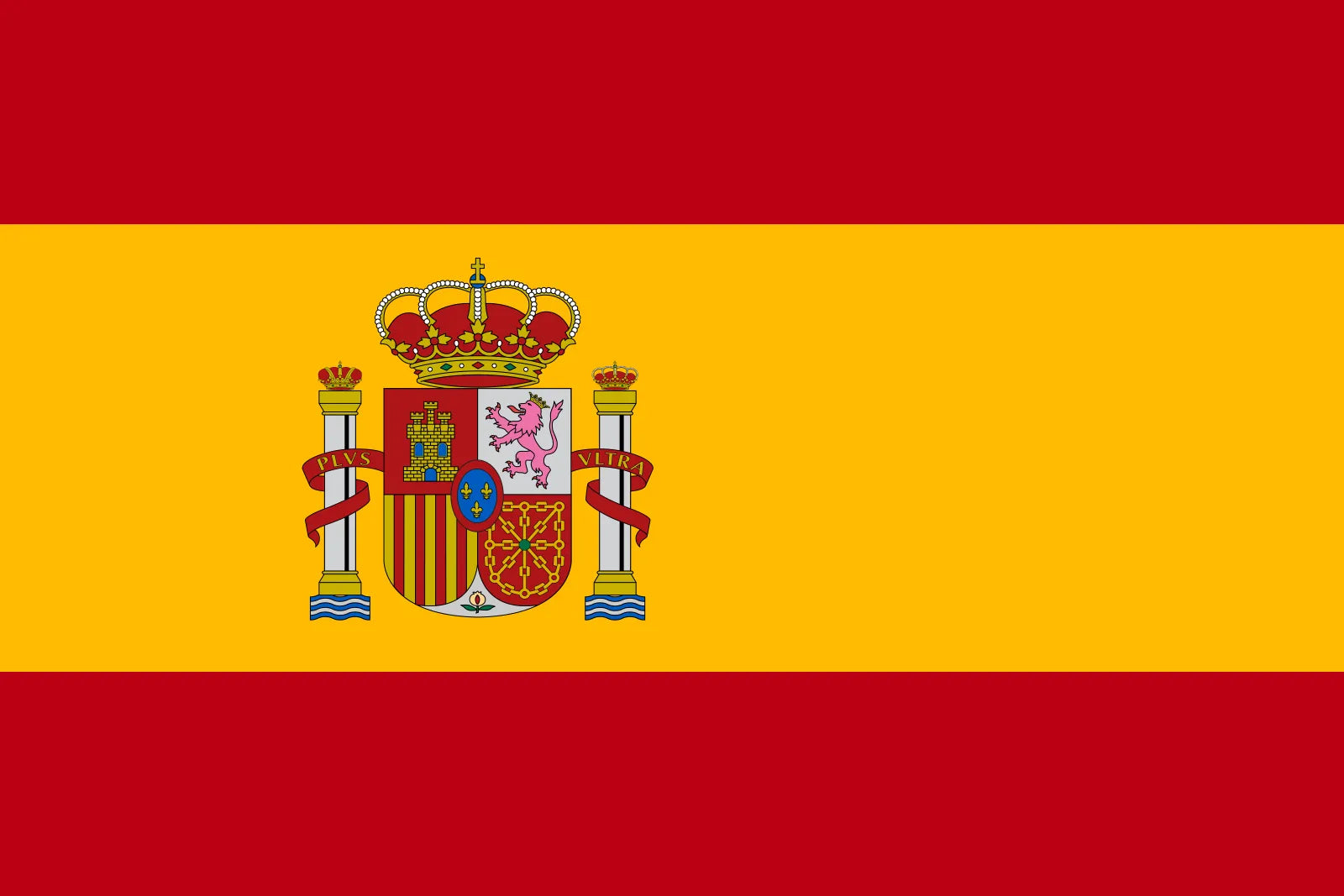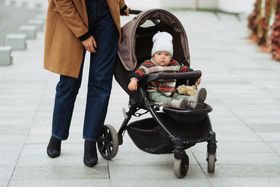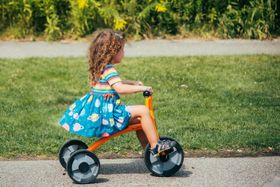Infant Developmental Stages (Years 0–3) & How to Support Them
Updated April 4, 2023
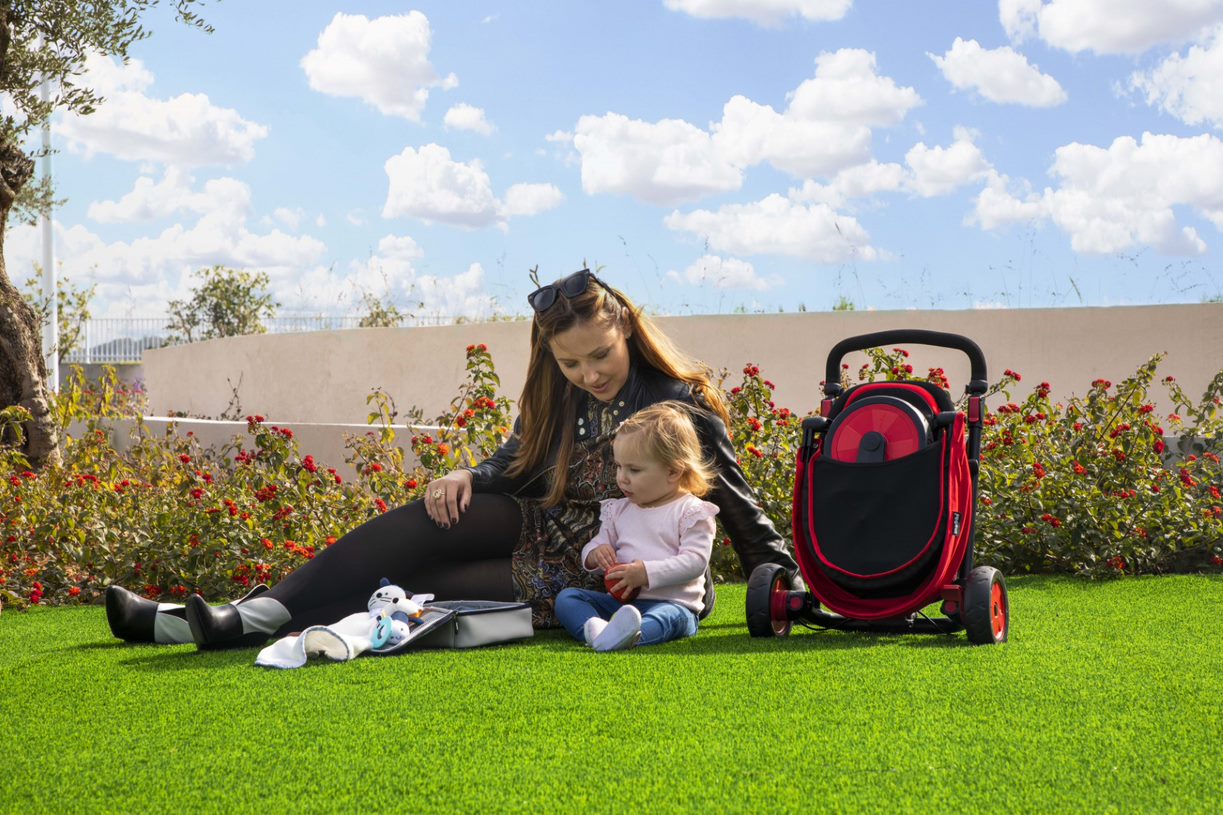
The first few years of your child's life are the essential period when they reach many developmental milestones. During this time, children experience rapid physical and cognitive growth as well as language development.
As a parent, you play an important role in helping your child through the developmental stages by actively participating in them. It's essential that you talk to your baby, praise them when they learn a new skill, sing songs, and show your affection through hugs or cuddles. To help you better understand your baby's development, we'll break down their progress by age and how you should support them during this formative period in their lives.
Infants (0–1 Year)
It's important to understand the different stages of development your child will go through in their first year. During this time, they'll reach the following milestones:
- The first three months of life: Infants at this stage are able to push themselves up on their arms and lift and hold their heads up.
- From 4 to 6 months: During this period, infants are usually able to sit with support from furniture or an adult’s hand.
- From 7 to 9 months: This is the time when babies start crawling around independently.
- From 10 to 12 months: At this stage, babies start standing by holding onto furniture or taking steps with assistance from an adult.
How Parents Can Support This Stage
You can help your infant develop their motor skills, by providing a safe and stimulating environment for them to explore. By the age of one, children should have developed some social skills such as waving ‘bye bye,' understanding ‘no,’ as well as clapping their hands when prompted by adults.
To avoid what's known as container baby syndrome, you can spark your baby's interest in exploration and movement by spending time on the floor with them instead of confining them to a swing or a bouncer seat. This should encourage their curiosity and independence while also providing an opportunity for you to bond with your baby.
» Is your infant pulling to stand yet? Here's when this will happen
Toddlers (1–2 Years)
The period between the ages of one and two is quite an active one because toddlers at this stage learn a variety of new skills, including:
- Walking independently
- Squatting to pick up a toy and stacking objects
- Understanding more words and combining sounds with gestures
- Responding correctly to yes/no questions with head shakes or nods
How Parents Can Support This Stage
As a parent, you can support your toddler's development during this formative stage by stimulating their language and comprehension. Reading books together and asking them what different objects or body parts are called can be a great way to achieve this.
To encourage your toddler's independence, you may consider letting them feed and dress with supervision. Additionally, taking them to parks or on trips (even just taking the bus) can foster their enthusiasm for exploring new places and provide opportunities for them to practice their new skills in a safe and exciting environment.
» Wondering when your child will begin walking? Here's the expected age
Toddlers (2–3 Years)
There are many things your child will be learning during the ages of two and three, including the following:
- Understanding shapes and sizes
- Showing a range of emotions
- Using two or three-word sentences and asking questions
- Dancing to music and walking up and down stairs
- Learning to ride a tricycle
How Parents Can Support This Stage
At this stage of your child's development, toddlers are curious and eager to explore the world around them. Encouraging free play can help keep them active while developing their motor skills.
Praising positive behavior and teaching your child ways to express their feelings when upset can also be beneficial during this stage. By providing opportunities for exploration and play, you can help your child reach important milestones while also fostering their natural curiosity and love for learning.
When it comes to their growing physical abilities, you can nurture them by encouraging them to explore their surroundings and try new things, while also providing a safe and stimulating environment for them to do so. You can also help your child learn important skills like telling you their name and age, as well as teaching them simple songs and cultural childhood rhymes to stimulate their language development.
Additionally, riding a trike, such as smarTrike's 5-in-1 STR3 Folding Pushchair Trike, can aid your child's physical development while providing a fun and engaging experience for both of you.
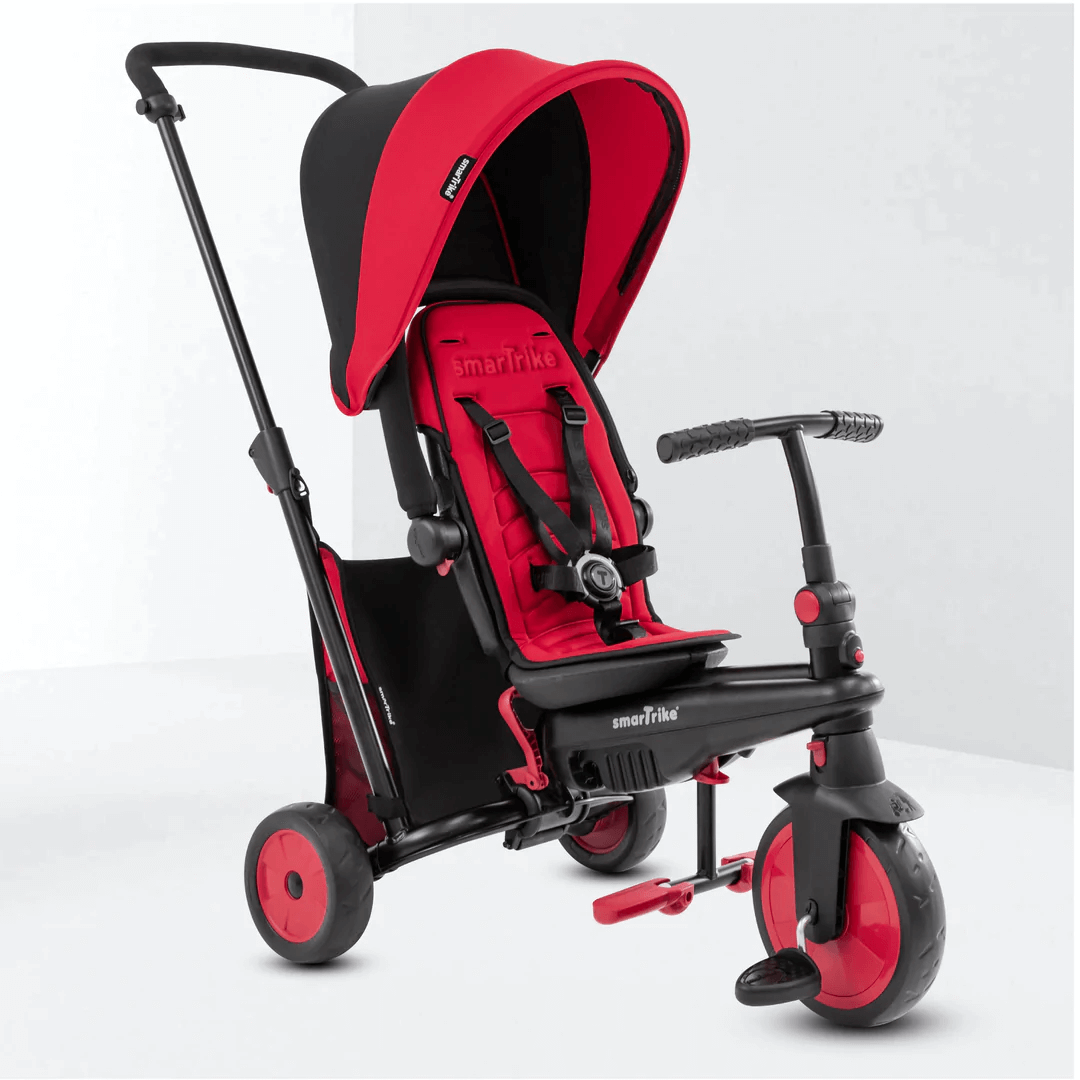
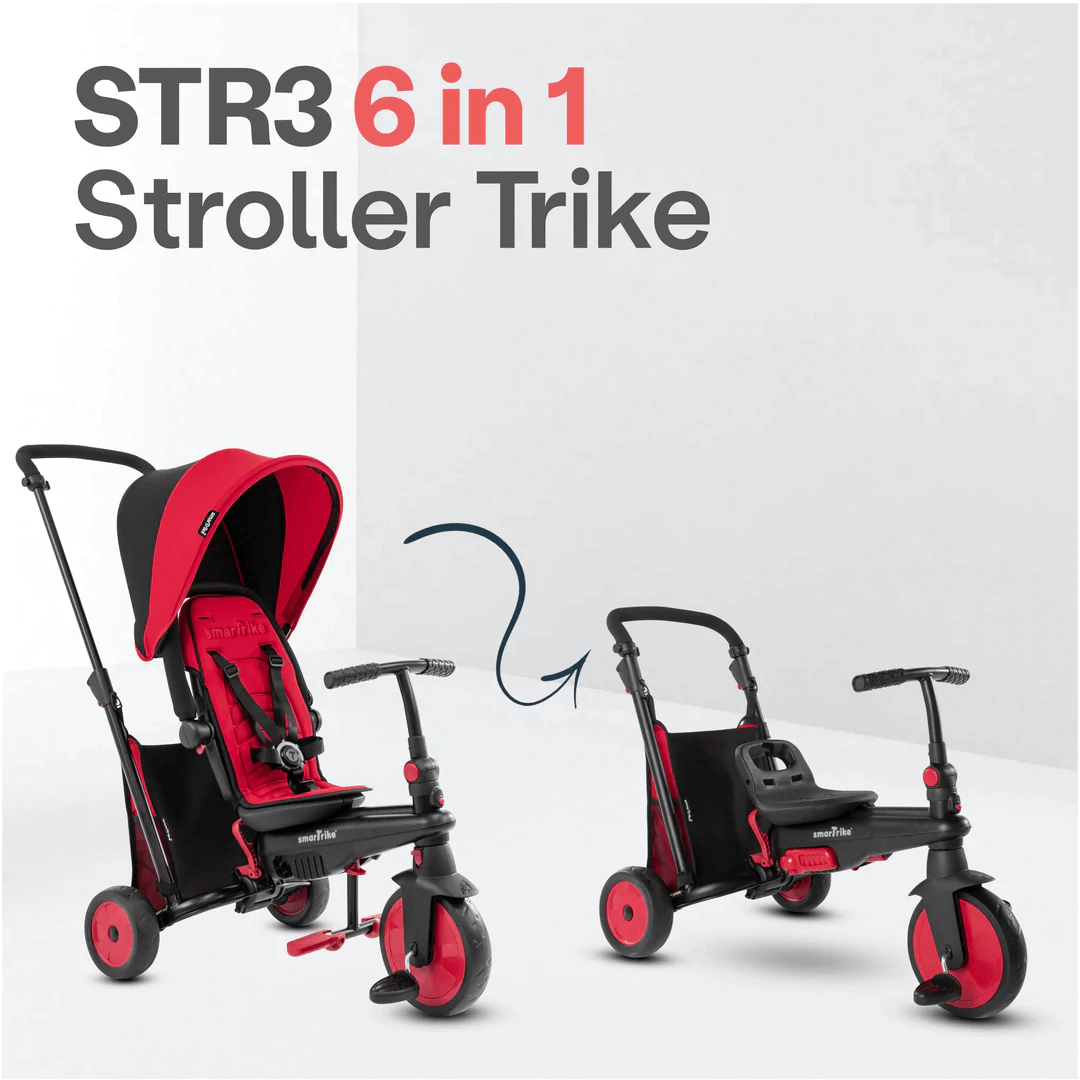

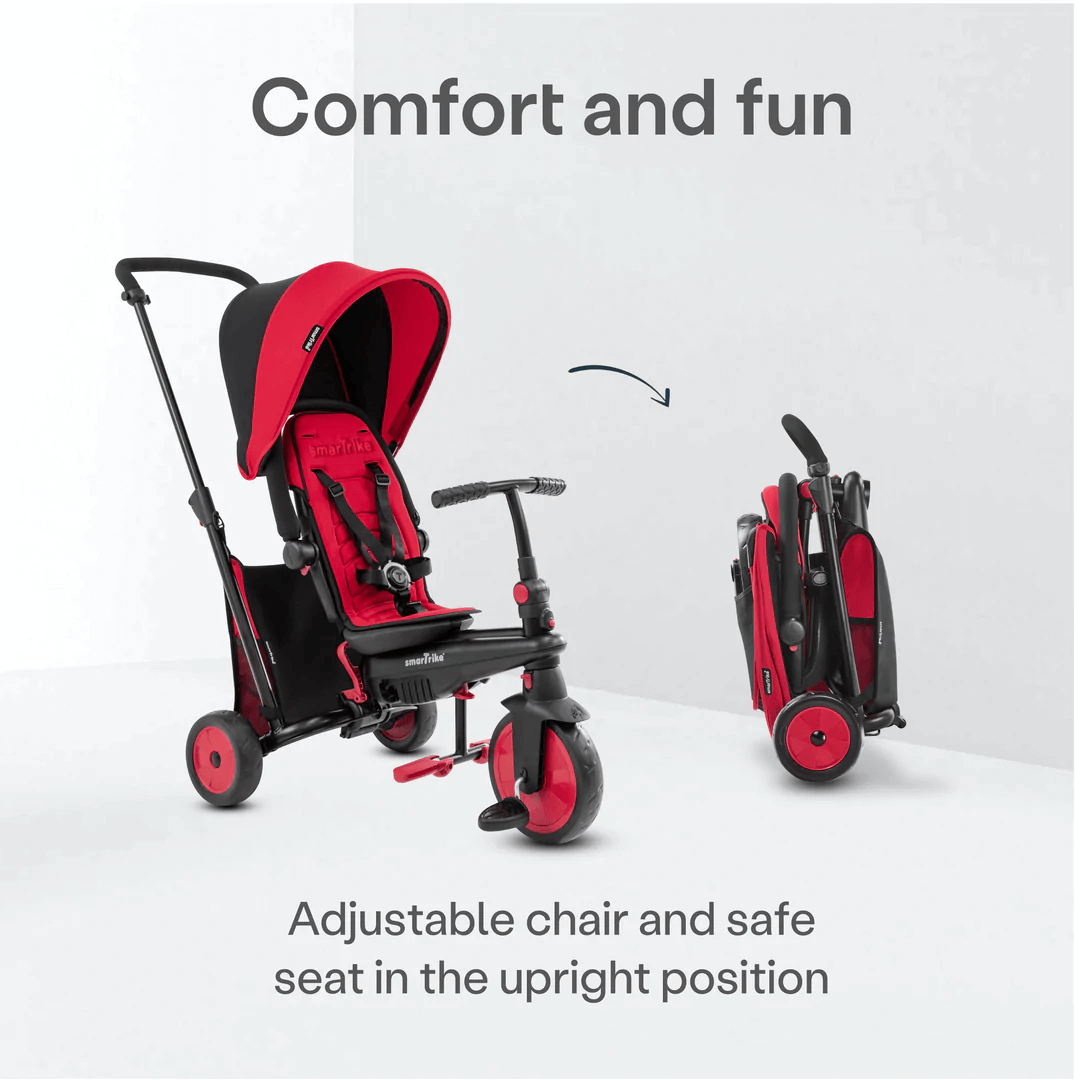

Support Your Baby at Each Developmental Stage
As a parent, you want to provide your child with the best possible experiences to help them get the most out of their formative stages. Engaging with your child verbally, emotionally, and physically is crucial to their development, as is providing a safe and stimulating environment for them to explore.
As your child grows and develops, you can also consider incorporating age-appropriate toys and activities into their playtime to encourage their natural curiosity and love for learning. For instance, the 5-in-1 STR3 Folding Pushchair Trike is a great choice, and it can support your child's motor skills, confidence, and balance. With its innovative design that converts from a stroller to a tricycle and follows developmental stages, it is perfect for children aged 10 months or older.
Another great option is the SmarTrike x Kelly Anna Stroller Trike that's suitable for children between 6 and 36 months old, so you can start using it with your babies as soon as they can sit upright. This will provide them with a more interactive, developmental, and stimulating stroller experience from a very young age.
Remember to praise positive behavior and teach your child ways to express their feelings when upset. By providing opportunities for exploration and play, you can help your child build important skills and lay the foundation for a lifetime of learning and growth.



